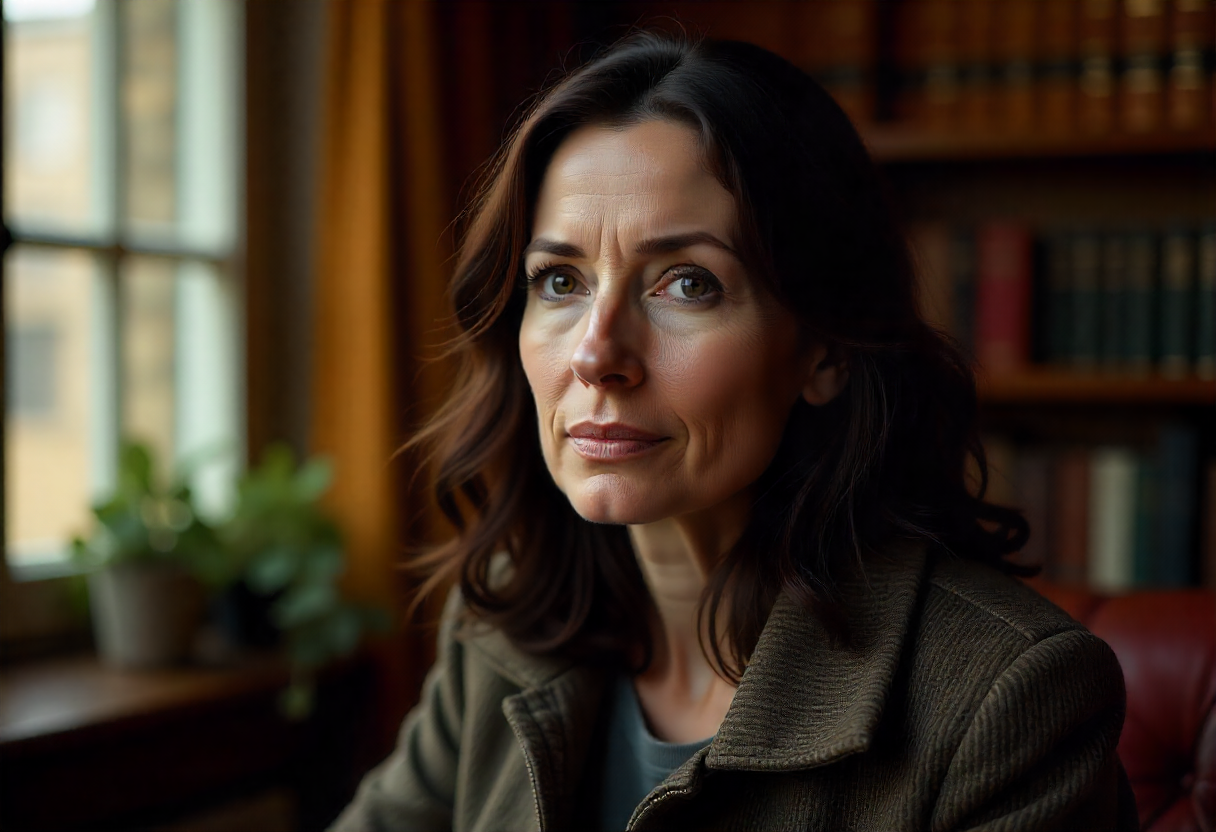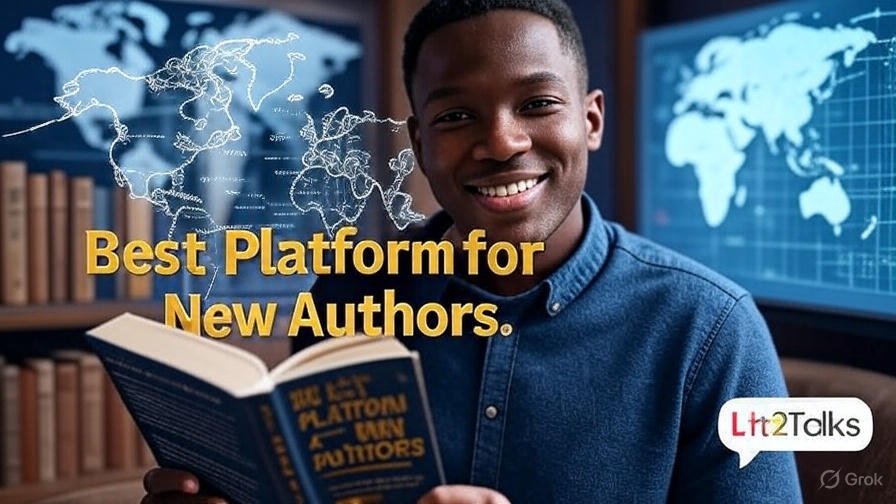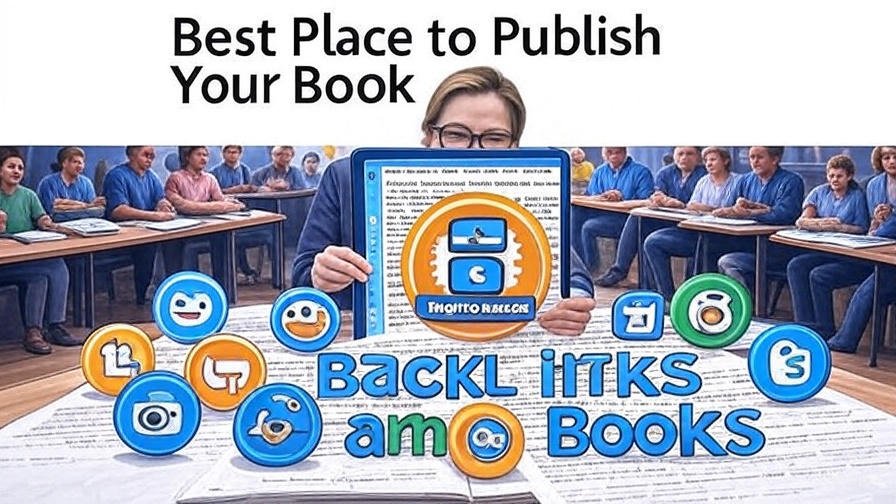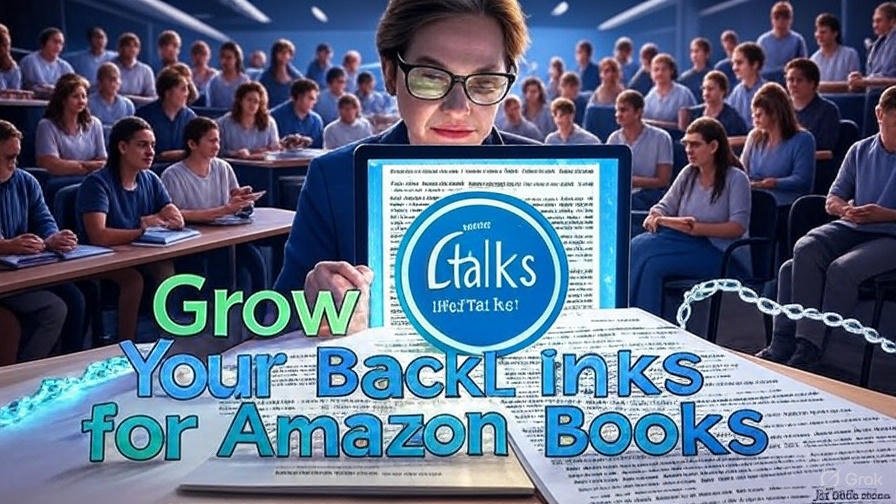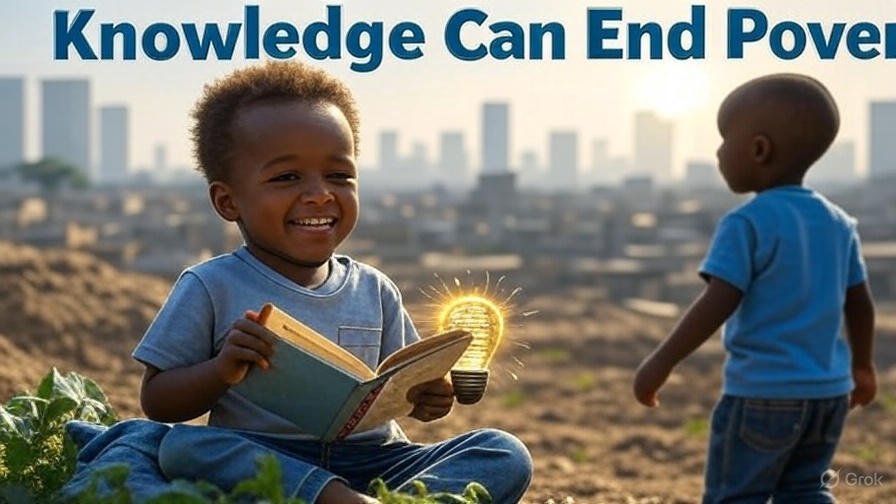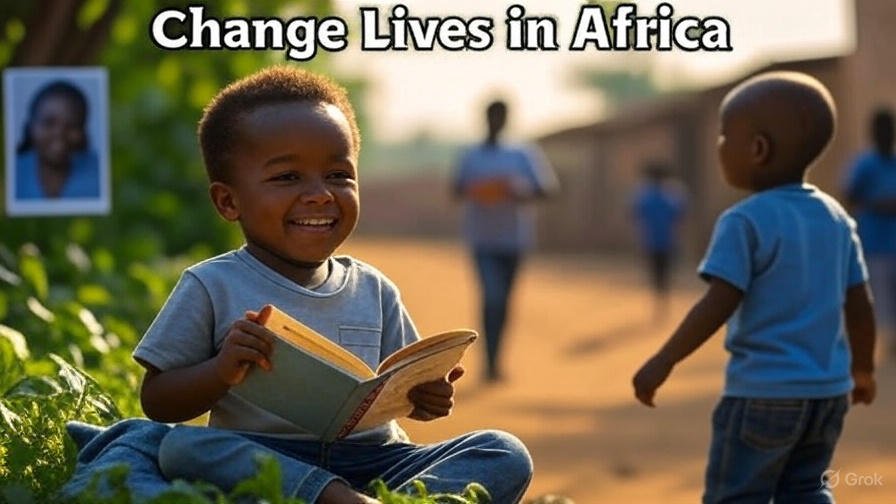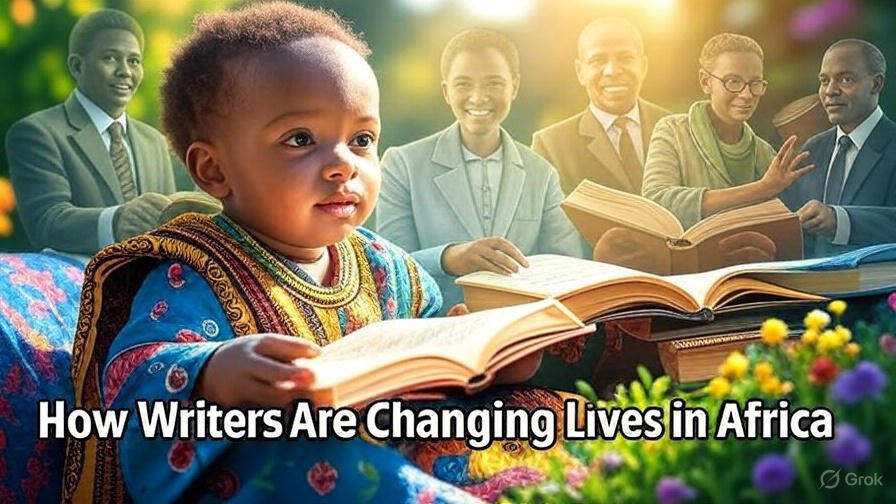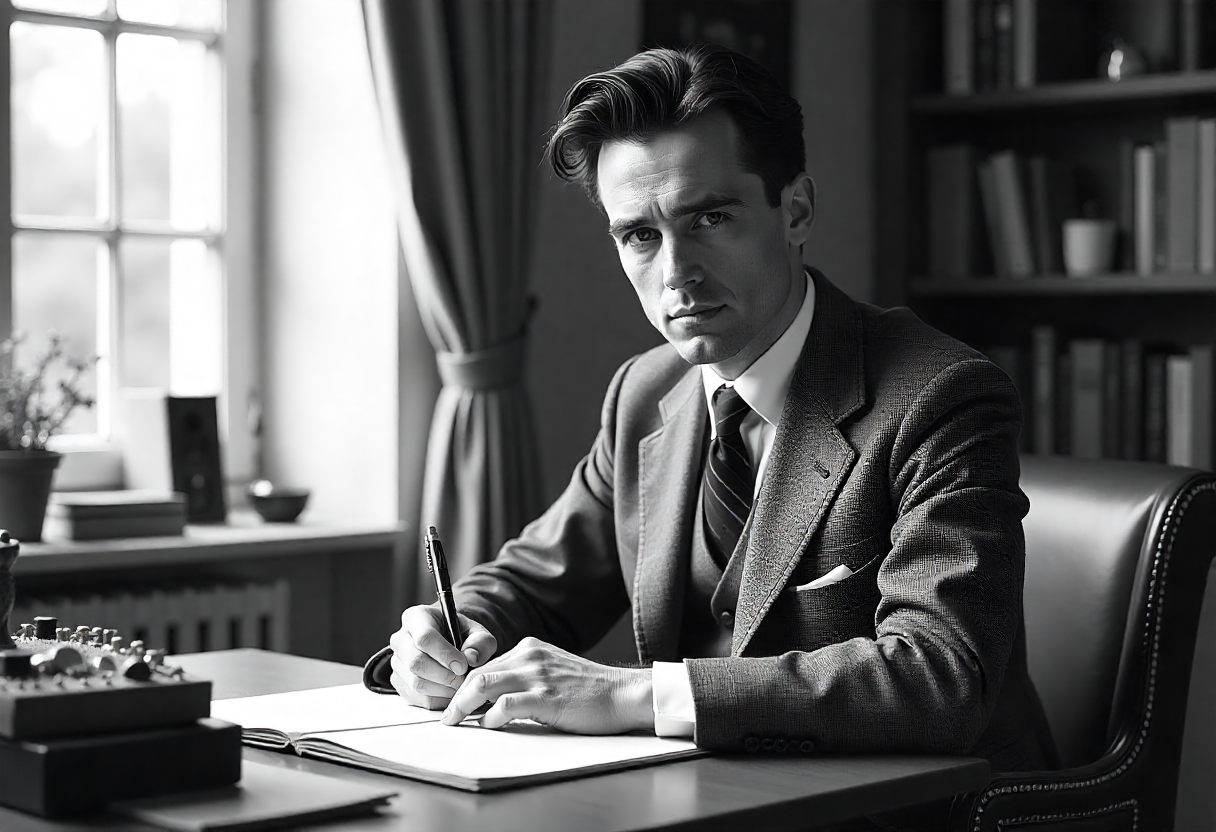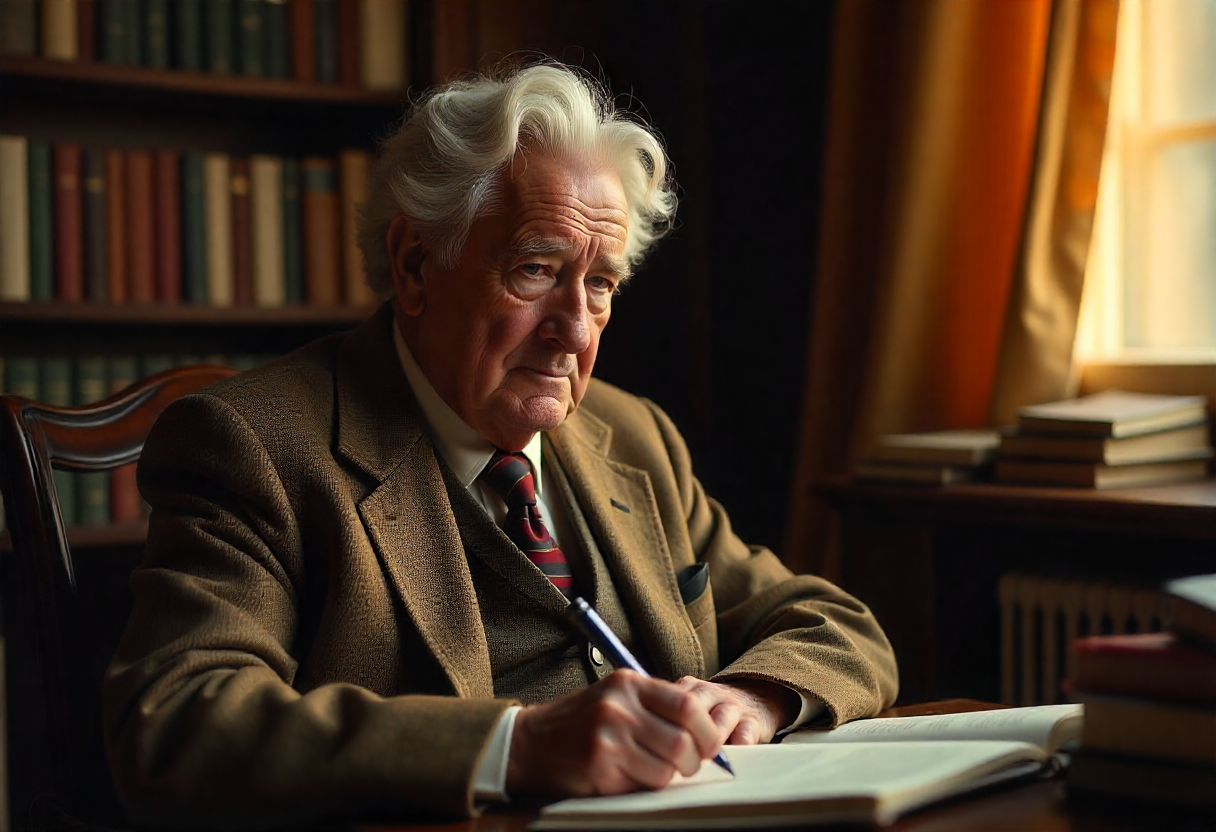Joanne Kathleen Rowling (1965–present), better known as J.K. Rowling, is the British author who created the globally beloved Harry Potter series. From a struggling single mother to one of the world's most successful writers, her rags-to-riches story is as magical as the wizarding world she invented. Beyond Harry Potter, Rowling has become a prominent philanthropist and controversial public figure. This biography explores her extraordinary journey, literary impact, and cultural legacy.
Early Life and Education
Born on July 31, 1965, in Yate, Gloucestershire, England, Rowling grew up in a modest family. Her mother, Anne Rowling, fostered her love of storytelling, while her father, Peter Rowling, worked as an aircraft engineer.
As a child, she wrote fantasy stories, including one about a rabbit named "Rabbit" who got measles. She attended Wyedean School, where her English teacher later inspired the character of Professor McGonagall.
At Exeter University, she studied French and Classics, later working as a researcher for Amnesty International.
The Birth of Harry Potter
The idea for Harry Potter struck Rowling in 1990 during a delayed train ride from Manchester to London. She envisioned a boy wizard attending a magical school and began outlining the seven-book series.
Personal Struggles and Persistence
- Moved to Portugal (1991) to teach English, married journalist Jorge Arantes, and had a daughter, Jessica (1993).
- After a divorce (1993), she returned to the UK as a broke single mother, living on welfare in Edinburgh.
- Wrote in cafés (notably The Elephant House) while caring for her infant daughter.
Despite 12 publisher rejections, Bloomsbury finally accepted Harry Potter and the Philosopher’s Stone (1997) for a £2,500 advance.
The Harry Potter Phenomenon
The series became a global sensation, selling over 600 million copies and spawning:
- 8 blockbuster films (Warner Bros.)
- Theme parks (The Wizarding World of Harry Potter)
- Plays (The Cursed Child) and spin-offs (Fantastic Beasts)
Key Themes and Impact
- Friendship, bravery, and love vs. tyranny (Voldemort’s rise mirrors fascism).
- Moral complexity (e.g., Snape’s redemption).
- Inspired a generation of readers, boosting literacy worldwide.
Post-Potter Career and Controversies
Writing as Robert Galbraith
- Penned the Cormoran Strike detective series (2013–present) under this pseudonym.
Philanthropy
- Founded Lumos, aiding institutionalized children.
- Donated millions to multiple sclerosis research (her mother died of the disease).
Controversial Views
- Gender rights debates: Rowling’s tweets (2020) on biological sex sparked backlash, with some fans and actors (like Emma Watson) criticizing her stance.
- Still, she remains a free speech advocate, funding women’s shelters.
Legacy and Influence
- Revolutionized children’s literature, proving kids’ books could be complex and dark.
- First billionaire author (though she lost the status due to donations).
- Cultural touchstone: Terms like "Muggle" and "Quidditch" entered mainstream language.
As Stephen King said:
"Rowling’s imagination is boundless, but her real magic was making readers care."
Conclusion
J.K. Rowling’s journey—from welfare to wizardry—embodies resilience. While debates about her views continue, her storytelling genius is undeniable. Harry Potter remains a beacon of hope, teaching that love conquers fear—a spell far stronger than any Avada Kedavra.
As Dumbledore wisely said:
"Happiness can be found even in the darkest of times, if one only remembers to turn on the light."
And Rowling, like her characters, turned on that light for millions.
Lit2Talks is on a mission to make knowledge free for everyone. Publish, read, and download books at Lit2Talks.
